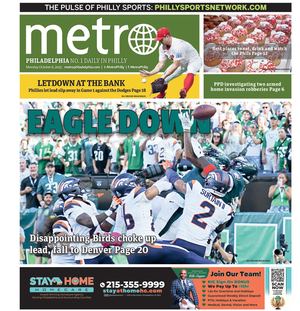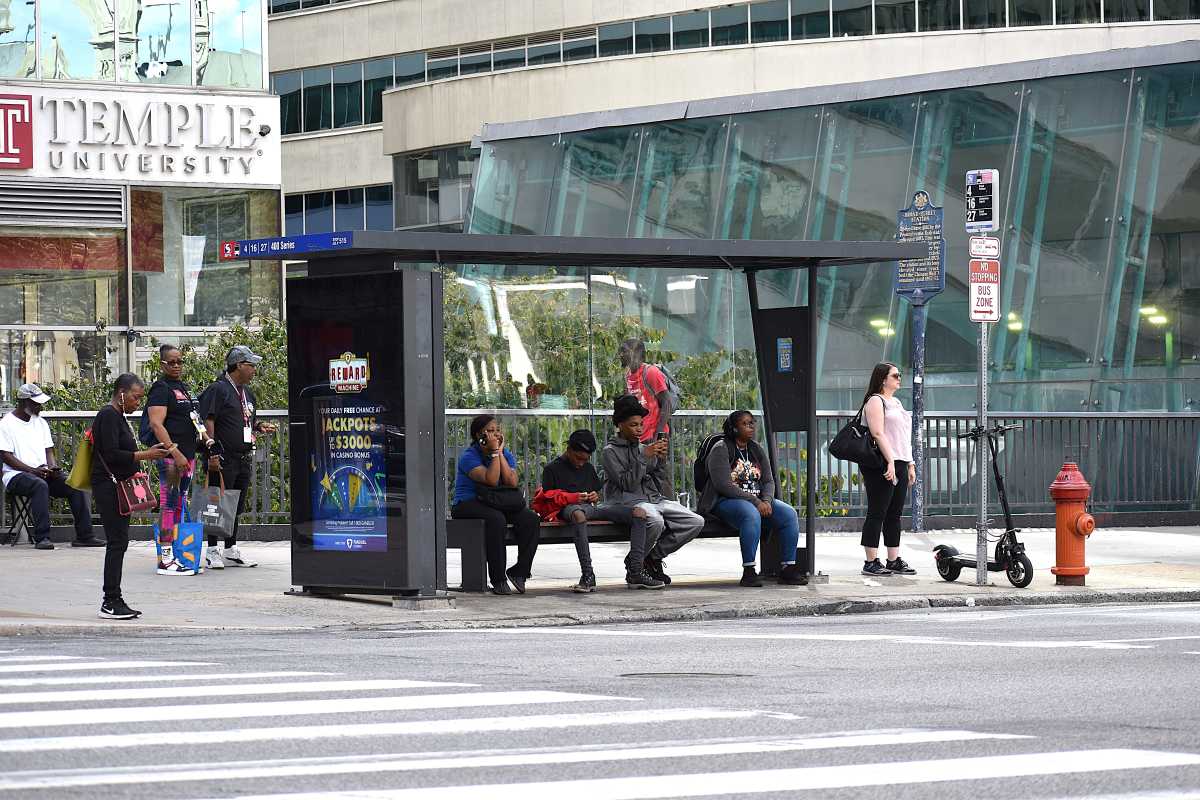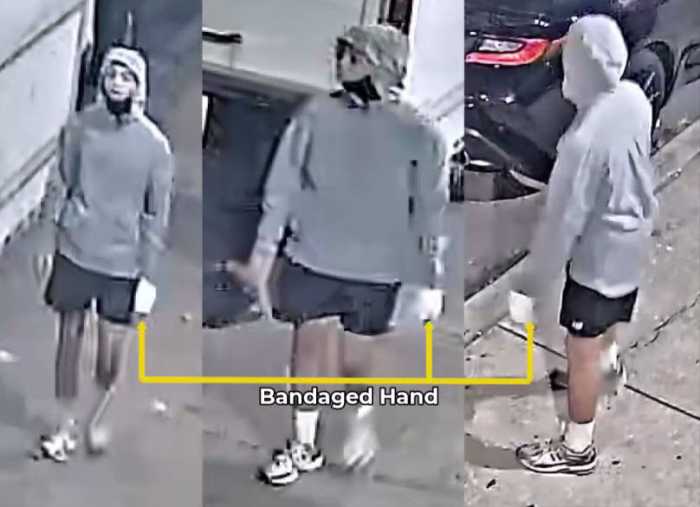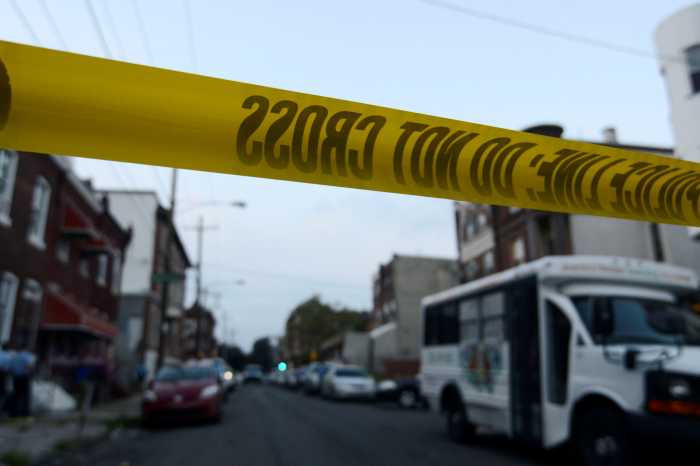Mayor Cherelle Parker’s administration is looking into ways to restore transportation for students, as Philadelphia began its first week with reduced SEPTA service.
SEPTA enacted an initial round of cuts Sunday, the first step in the authority’s doomsday budget to close a $213 million deficit.
The transit system eliminated 32 bus routes and shortened an additional 16. It also axed sports express trains on the Broad Street Line. Frequencies have been reduced by about 20% on all remaining bus, subway and trolley service. Regional Rail reductions and a fare increase are set to be implemented next week.
Mike Carroll, the city’s acting managing director, said the Parker administration is “creatively exploring possibilities and developing proposals in order to maintain and restore service” to schools. Officials declined to provide further information, stating that more details would be available later in the week.
The School District of Philadelphia reopened classrooms Monday, and about 52,000 students use SEPTA to get to school.
First day attendance data was not available. Anecdotally, Superintendent Tony Watlington Sr. said the principal of South Philadelphia’s Furness High School told him that he expected 90% or more of his student body to be present; the real percentage was in the 70s, due to transportation challenges.

‘Enough is enough’
City Council members gathered Monday morning to call on state lawmakers to continue negotiating a deal that would boost transit funding and reverse the cutbacks.
“The time for a deal is now. Not tomorrow. Not a week later,” Council President Kenyatta Johnson told reporters. “Because the longer that we do not have a deal, the more we’re going to see a significant negative impact on those individuals who are severely impacted by the cuts.”
“This isn’t a Democratic problem. This isn’t a Republican problem. It’s a people problem,” added Councilmember Mike Driscoll, chair of the transportation committee. “The Commonwealth of Pennsylvania needs to do its part.”
Legislators in Harrisburg and Gov. Josh Shapiro have yet to agree on if and how to increase transit funding.
The House of Representatives, where Democrats hold a majority, has repeatedly passed bills devoting a greater share of sales tax revenue to public transportation systems across Pennsylvania.
Leaders in the Republican-controlled Senate have favored an approach that utilizes the Public Transportation Trust Fund, a pool of money that is typically dedicated to capital improvements.
Senate Majority Leader Joe Pittman, in a statement Monday, said House Democrats should reconsider a plan passed earlier this month that would allocate PTTF dollars for transit operating expenses and road projects.
Transit advocates and Democratic elected officials have expressed concerns that such a move would rob SEPTA of much-needed support to address its $10 billion repair backlog.
Councilmember Jamie Gauthier said that, if negotiations fail, state lawmakers may have to turn to a proposal from Rep. Melissa Shusterman, a Democrat from Chester County, that would essentially allow regions of Pennsylvania to retain their own tax revenue.
“At some point, we have to stop allowing bad faith, destructionist politicians to hold us hostage with our own money,” she said. “Enough is enough.”
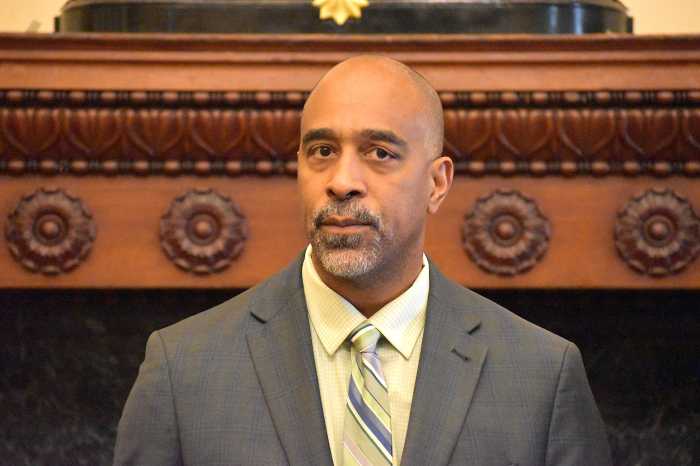
‘We’ll do what we can’
Parker and Council brought up that the city’s contribution to SEPTA has been rising, reaching $135 million for the current year’s operating budget. Nearly $800 million is set aside for the transit agency’s operating and capital expenses in the coming years.
“We’ll do what we can to help SEPTA riders, to help our school students, but we’ll also live within our means,” Rob Dubow, Parker’s finance director, said. “We don’t have the financial resources to substitute for the commonwealth’s funding.”
Carroll said officials will be closely monitoring traffic data. Congestion for Monday morning’s commute was typical; however, they anticipate higher volumes after Labor Day, when more nonpublic schools are scheduled to reopen, he said.
Parker’s team is encouraging travelers to reschedule trips to avoid rush hour, if possible. Drivers should consider parking in lots or garages, instead of circling blocks for street parking and adding to traffic, Carroll said. Commuters are being asked to consider carpooling, and Carroll asked employers and managers to be flexible with timing.
More traveling tips are available on the city’s website, phila.gov.
